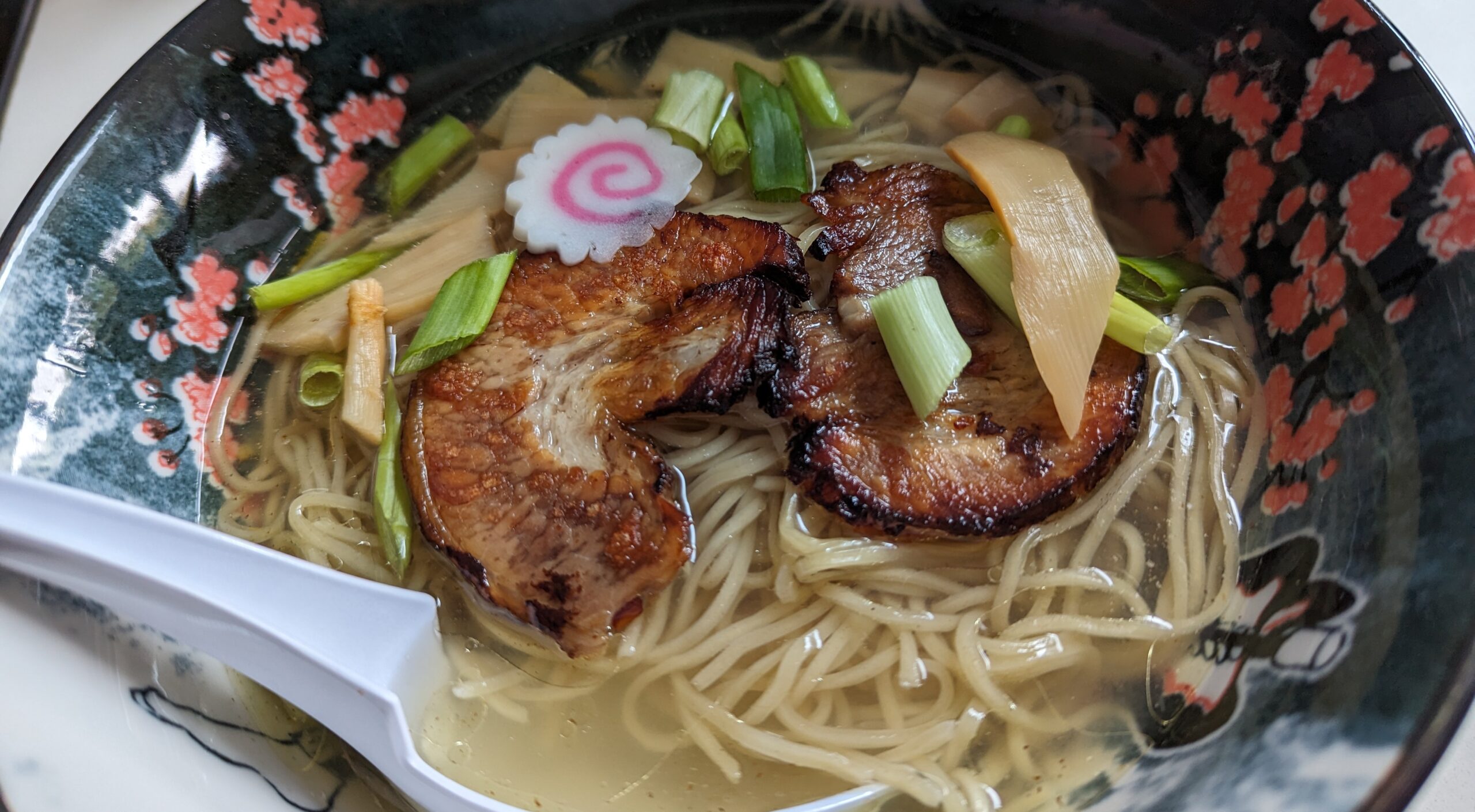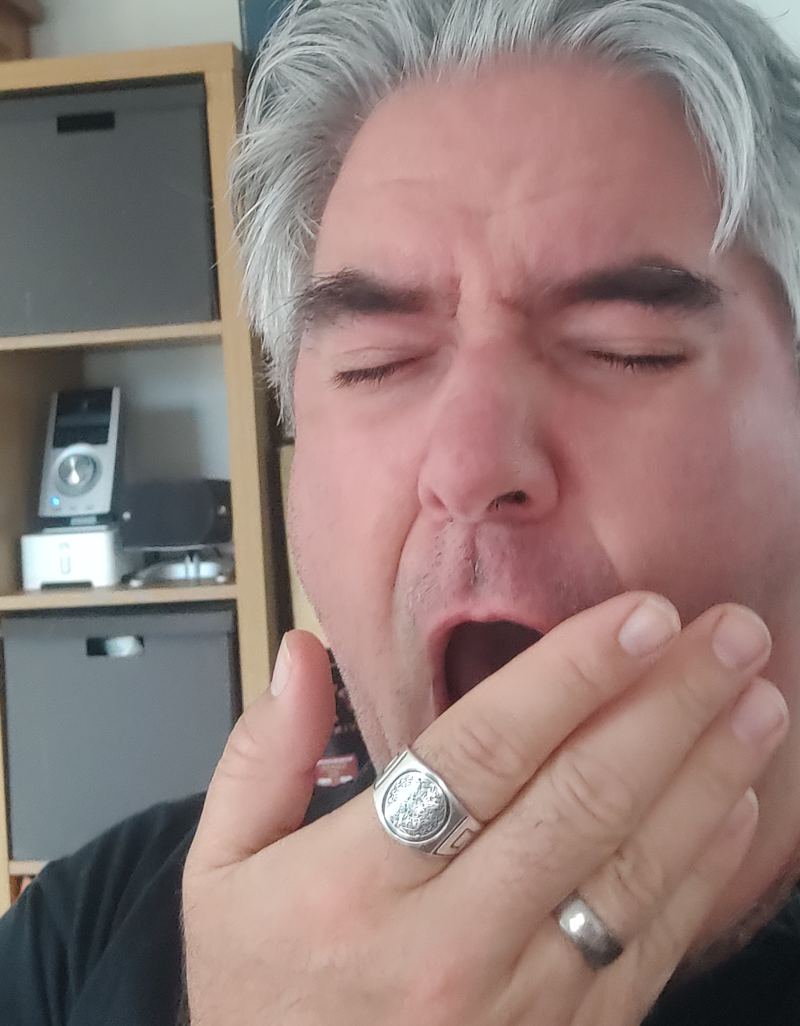I suspect this is going to be one of those posts that begins with “I don’t normally get involved in such things, BUT…”. Hmm.
OK, it would be safe to say that the recent televisual goings on involving Harry Connick Jr. in Australia have been quite well publicised, and possibly the last thing the world needs is another opinion thrown into the fracas, but the reactions that I’ve read about are so stunning to me that I feel like I should write something if for no other reason than to try to make sense of it all and see if I’ve missed something. The happenings were:
Last Wednesday night on Australian TV there was a reunion episode of long-term variety programme, Hey Hey It’s Saturday – a light entertainment show which ran for 25 years but had the curtains drawn in 1999. Though a little bit childish, and not always home to the highest production values ever, it was endearing for its good-natured shabbiness and cobbled-together feel at times. The programme was made up of various segments of different sorts, and as it was the only Saturday night programme of its type, would often attract large touring stars of music and film: many of whom enjoyed themselves in the set’s irreverent well-meaning atmosphere, and who would repeatedly return. One of the segments was a sort of talent show, entitled Red Faces – a “gong show”, featuring acts harvested from the general public, and of vastly varying quality.
On Wednesday night’s show one of the celebrity judges for Red Faces was New Orleans jazz maestro Harry Connick Jr. and one of the acts performed on Red Faces was a group of Michael Jackson impersonators, entitled “The Jackson Jive”. Five of them started on stage in black face makeup and afro wigs, and they were later joined by a fronting Jackson with white face makeup. During the judging part, Connick was visibly nonplussed, and awarded the act zero – indicating that if they’d gone on US television with an act like that there would more than likely be no more show. Later in the broadcast Somers addressed a piece to camera explaining that they hadn’t really thought it out in advance, and that he’d spoken with Harry, who wanted to explain his reaction to the audience. What followed was a well-constructed explanation, outlining why as an American he’d reacted like that, and that he was sorry for taking the show to that place. The audience and crew seemed to react positively, and the exchange ended on an upbeat feel.
Or, for a better explanation, here’s a YouTube video:
So, what’s prompted me to write about this is my surprise at the reactions to this story that I’ve witnessed, which come in several forms: the most immediate of which is web comment boards. These aren’t often useful sources of information, as the anonymity and distance afforded seems to encourage people to present a more polarised view than they otherwise might in a face-to-face discussion.
To say that “everyone’s gone mental” would probably be unfair, as internet forums don’t represent the majority. However taking the often inaccurately named news.com.au site as an example, the reactions tend to broadly fall into a couple flavours of categories (with individual responses varying in intensity):
1) Australians are all racists (primarily but not exclusively echoed by commenters outside Australia).
2) It wasn’t racist, and what right does a self-righteous American have to come and force his viewpoint on us? (combined with “Get a sense of humour”)
3) Hmm, perhaps that wasn’t such a good idea after all.
As far as my personal reaction goes, I’m in camp number 3.
Of course there’s the storm-in-a-teacup effect at work here, and with each successive iteration clarity and realism gets lost, such that once it had turned up a load of overseas news sources such as the New York magazine, and The Guardian, followup sensationalist Australian coverage cherry-picked elements of the story and jacked it up a few more notches:
Such appeared to be the public outrage/backlash against Harry that he had shopping centre appearances cancelled out of safety concerns. I guess whether there actually were “threats” is now tertiary to the story: sounds like the shopping centre operator wanted to avoid any controversy and cancelled just in case.
Interestingly, many people seemed to think that the problem was that Harry didn’t have a sense of humour, and this is interesting, as he’s not someone who’s been particularly shy about appearing on Australian TV – he’s always invited back, and he loves being on those shows! It doesn’t seem to be anywhere on YouTube, but Harry’s got a longstanding relationship with Andrew Denton following their first interview, and there wouldn’t be many celebrities of Connick Jr.’s calibre who are so readily prepared to get on board with a joke at one’s own expense.
So anyway, to the bewildering part – upon seeing the footage of the Red Faces segment, and subsequent explanation/apology, my reaction was “Wow, that was a bit ill-judged of Daryl & the crew to put Harry in amongst, however rather than cause too much of a fuss he’s explained why he reacted the way he did, and we could probably all learn from that”. It was a reasonable, level-headed objection, and subsequent explanation… so does there need to be any flying-off-the-handle accusing people of racism, or cultural imperialism?
Don’t, mind you, cast me into a bucket marked “apologist” – in my opinion “racist” has become a widely misunderstood catch-all accusation, levelled about wildly – in some cases by people who often have no understanding of what it is they’re objecting to: this brings about another question of course, of if they’re upset by something, then does the original intent matter?
An example would be the word “Paki” – when I was growing up in Australia in the 80s I clearly recall that in my first real awareness of other countries, that of touring cricket teams, the common practice among commentating broadcasters was to shorten or abbreviate the names of the teams that Australia was playing against. Presumably this would be partially out of laziness, and partially out of our natural tendency to try to de-formalise things. So as far as I was aware, as an eleven year old, instead of referring to Australians, New Zealanders, British people, West Indians, and Pakistanis, it was quite OK to refer to Aussies, Kiwis, Poms, Windies and Pakis. Now it’s never actually come up, to be honest, however since moving to the UK it has become quite clear that over here it’s not acceptable to call people “Pakis”, and in fact on the radio the other day a broadcaster went so far as to refer to that as “the ‘P’ word”, analagous to “the ‘N’ word”. Initially surprised by this, I’ve since found that there’s quite a long history of violence and awful behaviour tied up in this, and that’s why it’s now taboo here. What I’m saying is that if I’d referred to someone as “Paki”, and they’d taken umbrage, then I’d apologise for upsetting the person and for the misunderstanding, perhaps explain my background, and learn from the experience that it’s something to be more aware of in future. I’d hope then, having made my best effort to make amends, that the person I’d been talking to wouldn’t then continue to call me a racist.
Harry apologised & explained himself – a fact which lots of news reports (other than the Guardian article linked above) seemed to gloss over, and which many commenters seemed to ignore entirely. I reckon the grownup thing to do would be to find out what the lesson is.
Wow, that was less insightful than I thought it was going to be. Oh well.
(Incidentally, for a summary of my feelings on racism, probably the best reference I could point you towards would be Brendon Burns’ show, “So I Suppose You Think This Is Offensive Now“. Wouldn’t recommend it if you’re easily upset, unless you’re also the kind of person who’s happy to examine why it is that you’re getting upset.)




